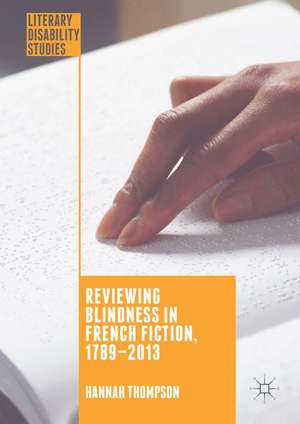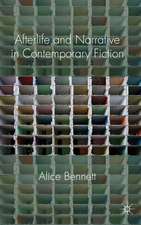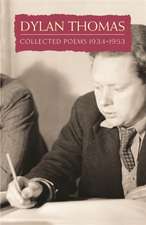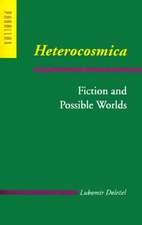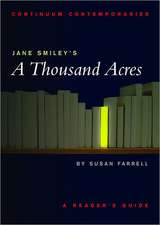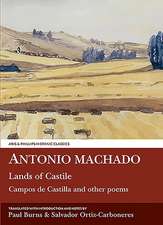Reviewing Blindness in French Fiction, 1789–2013: Literary Disability Studies
Autor Hannah Thompsonen Limba Engleză Hardback – sep 2017
Preț: 470.56 lei
Preț vechi: 553.60 lei
-15% Nou
Puncte Express: 706
Preț estimativ în valută:
90.04€ • 94.20$ • 74.80£
90.04€ • 94.20$ • 74.80£
Carte tipărită la comandă
Livrare economică 02-16 aprilie
Preluare comenzi: 021 569.72.76
Specificații
ISBN-13: 9781137435101
ISBN-10: 1137435100
Pagini: 232
Ilustrații: IX, 199 p.
Dimensiuni: 148 x 210 mm
Greutate: 0.4 kg
Ediția:1st ed. 2017
Editura: Palgrave Macmillan UK
Colecția Palgrave Macmillan
Seria Literary Disability Studies
Locul publicării:London, United Kingdom
ISBN-10: 1137435100
Pagini: 232
Ilustrații: IX, 199 p.
Dimensiuni: 148 x 210 mm
Greutate: 0.4 kg
Ediția:1st ed. 2017
Editura: Palgrave Macmillan UK
Colecția Palgrave Macmillan
Seria Literary Disability Studies
Locul publicării:London, United Kingdom
Cuprins
Introduction.- Chapter One: The French Metanarrative of Blindness.- Chapter Two: The Creative ‘Look’ of the Blind ‘Seer’.- Chapter Three: Non-Visual Language and Descriptive Blindness.- Chapter Four: Male Desire and the Paradox of Blind Sexuality.- Chapter Five: Silenced Sexualities: Listening to the Voice of the Blind Woman.- Chapter Six: Blind Assassins.- Chapter Seven: Science, Fantasy and (In)Visible Blindness.- Conclusion.- Works Cited.- Index.-
Notă biografică
Hannah Thompson is Reader in French at Royal Holloway, University of London, UK. She is the author of the popular Blind Spot Blog.
Textul de pe ultima copertă
‘Through thoughtful juxtapositions in modern French fiction, Thompson posits text as both a material and critical encounter in order to celebrate blindness and topple stereotypes. Masterful analyses demonstrate the eloquence of “blind” narrative in cultivating the pleasure of the unexpected and shaping representation in Western traditions.’ — Tammy Berberi, Associate Professor of French, University of Minnesota, Morris, USA
Caracteristici
Reasons that blindness is a creative and artistic force Argues that non-visual description is more evocative than sight-based description and that blind narrators, characters and readers engage with texts in exciting ways Looks at how French literature celebrates blindness for its own sake and undermines the myths of stereotypes of blindness which prevail in Western society Includes supplementary material: sn.pub/extras
